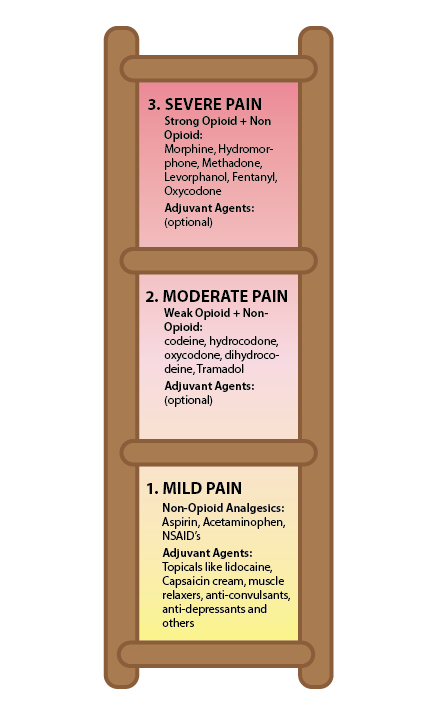Pain Affects Your Life!
Persistent pain saps energy and disrupts sleep. It can interfere with work and leisure activities and worsen other medical conditions. But you can be pain free.
When Should I See A Pain Management Specialist?
Pain is often under-reported because of fear of addiction. But if your pain isn’t being addressing successfully by your primary doctor, or if you have a specific type of pain, a new pain, or new symptoms such as numbness or tingling, you should seek out a specialist. Pain specialists identify the causes of pain, and treat acute pain aggressively to prevent the onset of chronic pain most often with non-invasive treatments.
The pain specialist will take a comprehensive history, do a complete physical assessment. This can include pain duration, intensity, locations, aggravating and relieving factors, prior medications used, family history of drug or alcohol abuse, and patient goals for pain control.
Types of Pain
Neuropathic (burning, tingling, pins and needles sensations)
Psychogenic (physical pain caused, increased or prolonged by mental, emotional or behavioral factors)
Idiopathic (unknown origin of pain)
Nociceptive (bone, muscle, visceral)
Treating Pain without Drugs
Simple comfort measures can help reduce pain. Massage, soft touch, and warm applications are relaxation techniques beneficial for some. Sensory stimulation like pet therapy or folding warm clothes as well as cognitive therapies like reading or reminiscing have been used to reduce pain.
Regular physical activity not only reduces pain, but enhances functional capacity and mood and is especially good for seniors.
Which Medicines Are Used To Treat Pain?
Acetaminophen and NSAIDS can be bought without a doctor’s order. But follow your doctor’s directions when taking these. Acetaminophen can cause liver damage and NSAIDS can cause stomach bleeding or kidney problems if not taken correctly.
Narcotics are used for moderate to severe pain. At first, your healthcare provider may give you a low dose. The dose will slowly be increased until you reach the best dose for your pain.
For questions about pain and pain medication, …. call AW Health Care!
MO (314) 726-5600
IL (618) 344-8800
What Is An Opioid?
What is an Opioid?
Opioids are a class of drugs that include heroin, and synthetic opioids such as fentanyl, and pain relievers available legally by prescription, such as oxycodone (OxyContin®), hydrocodone (Vicodin®), codeine, morphine, and many others. These drugs interact with opioid receptors on nerve cells in the body and brain. Opioid pain relievers are generally safe when taken for a short time and as prescribed, but because they produce euphoria in addition to pain relief, they can be misused. Regular use—even as prescribed by a doctor—can lead to dependence and, when misused, opioid pain relievers can lead to overdose incidents and deaths. An opioid overdose can be reversed with the drug naloxone when given right away.
Fortunately, effective medications exist to treat opioid use disorders: methadone, buprenorphine, and naltrexone. These medications help many recover from opioid addiction.
- Courtesy of the National Institute on Drug Abuse https://www.drugabuse.gov/drugs-abuse/opioids








Comments are closed.